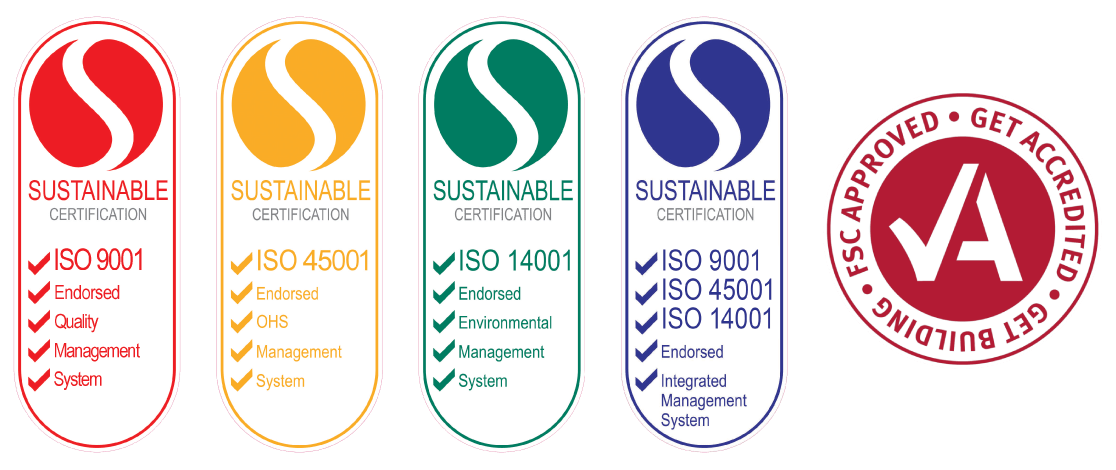Construction Noise: How much is too much?
Construction projects often bring exciting improvements, but they can also come with the inconvenience of noise. At Decocorp, we understand how disruptive construction sounds can be and are committed to managing noise effectively to ensure minimal impact on the surrounding community. Here’s a look at what you can expect, how loud is too loud, and when construction noise is permitted.
How Loud Is Too Loud?
Noise levels are measured in decibels (dB), and certain construction activities can be surprisingly loud. For context, here’s how some common sounds compare:
- Blender: 80-90 dB
- Hairdryer: 70-80 dB
- Vacuum cleaner: 60-70 dB
Construction equipment, such as jackhammers or power saws, can reach levels of 90-120 dB—considerably louder than household appliances. To put this into perspective, a jackhammer produces about as much noise as standing near a motorcycle revving up, at around 100 dB.
Noise Regulations: What We Follow
In Australia, noise limits are set by the Environmental Protection Agency (EPA) and local councils to reduce disruption:
- Daytime limits:
Noise levels up to 75 dB(A) (measured at the property boundary) are generally acceptable.
- Nighttime limits:
Noise should not exceed background noise levels by more than 5 dB(A) to avoid disturbances.
We monitor our noise levels carefully and adjust our activities to comply with these guidelines.
When Will You Hear Us Working?
We schedule all noisy activities during permitted times, as determined by local regulations. Typically, this means:
- Monday to Friday: 7:00 AM to 6:00 PM
- Saturday: 8:00 AM to 1:00 PM (some councils allow work until 6:00 PM)
- Sunday and Public Holidays: No noisy work is carried out unless special permission has been granted.
Our Commitment to Noise Management
We understand that construction noise can be frustrating, and that’s why we take noise management seriously. Here’s what we do to reduce the impact:
- Careful scheduling: We plan our work to fit within permissible hours and try to cluster noisier activities to reduce prolonged disruptions.
- Quieter equipment: We use modern, well-maintained machinery to keep noise levels as low as possible.
- Noise barriers: For especially loud tasks, we use noise-reducing barriers or blankets to contain the sound.
- Clear communication: You’ll be informed in advance of any high-noise activities so you know what to expect.
Final Thoughts
Our team is dedicated to keeping construction noise under control while delivering top-quality results. If you have any concerns or questions about noise management on your site, don’t hesitate to reach out. We’re here to make the process as smooth and stress-free as possible.


